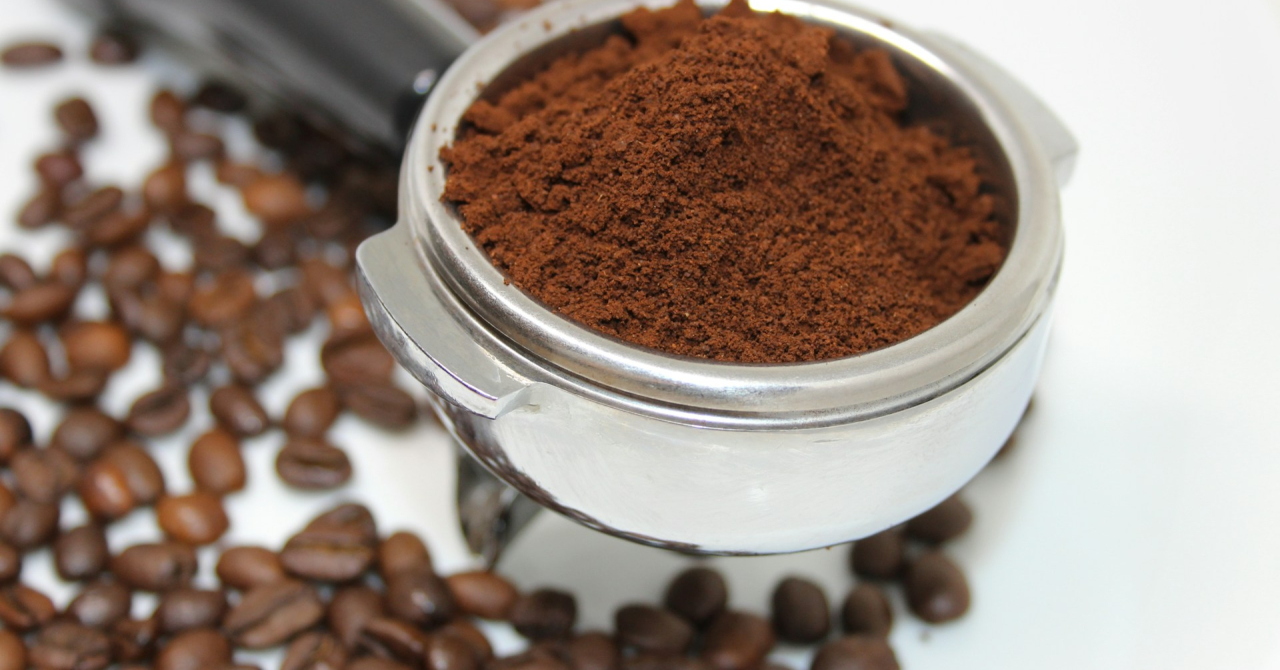Euronews.green writes that new research published in the Journal of Chemical Technology and Biotechnology by a team of Brazilian researchers shows that coffee grounds could help us solve an important issue in the farming sector, this being agricultural contamination.
Adding coffee leftovers to your personal garden as a form of compost, will be much appreciated by your flowers or vegetables, while deterring pests like snails. On a larger scale, scientists at Brazil’s Federal Technological University of Paraná found that coffee grounds have a great ability to absorb one of the most used herbicides in the world, bentazone. Combining coffee grounds with zinc chloride, the product's ability to absorb herbicides grows by a further 70%.
The study reveals that using activated coffee grounds is greatly beneficial for growing plants and now researchers are looking to replicate findings on a large scale. Coffee by-products are great at preventing damage caused by herbicides, but if they reach landfills, they can release great amounts of methane, contributing to global warming.
Herbicides on the other hands, can have negative effects on the ecosystems, as they can pollute the waterways located around the fields. Bianca Caroline de Silva Rocha, one of the authors of the coffee grounds study, said that "currently, the contamination of groundwater and surface water is one of the most pressing environmental problems – the biggest challenge of this century is to prevent water pollution."
Experts at the European Environment Agency warned that there are dangerous levels of bezantone in surface water, numbers which exceed safe levels recommended in the Water Framework Directive and which are putting European Green Deal targets for pesticide use at risk.
Further research needs to be conducted, especially at commercial scale, but study authors say the findings "suggest a circular economy solution for spent coffee grounds that are currently discarded without any recycling or reuse system."
 Mihai - Cristian Ioniță
Mihai - Cristian Ioniță












Any thoughts?